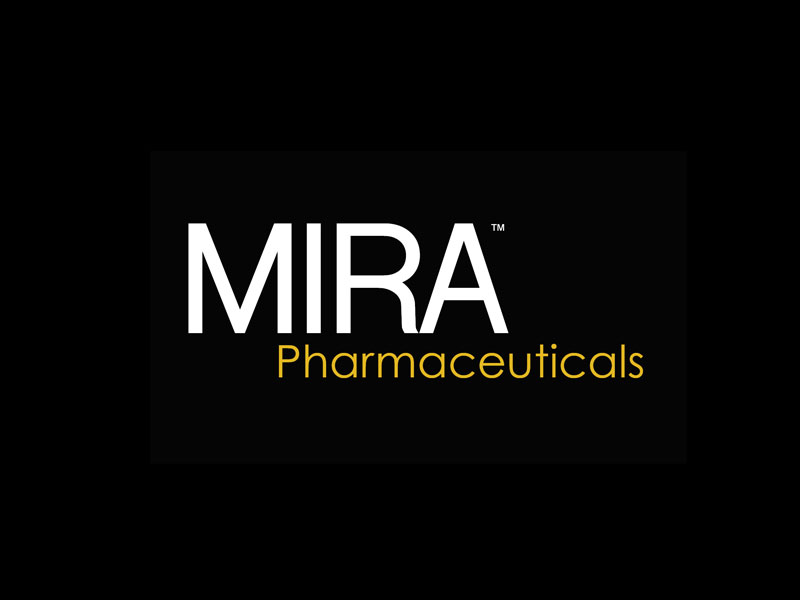Human beings are surely known to have a ton in their bag at all times, but more importantly than the rest, they are known for getting better on a consistent basis. This progressive approach, on our part, has already got the world to hit upon some huge milestones, with technology appearing as a major member of the stated group. The reason why technology enjoys such an esteemed stature among people is, by and large, predicated upon its skill-set, which ushered us towards a reality that nobody could have ever imagined otherwise. Nevertheless, if we look up close for a second, it will become clear how the whole runner was also very much inspired from the way we applied those skills across a real world environment. The latter component was, in fact, what gave the creation a spectrum-wide presence, and consequentially, kickstarted a tech revolution. Of course, this revolution then went on to scale up the human experience through some outright unique avenues, but even after achieving such a monumental feat, technology will somehow continue to produce the right goods. The same has grown increasingly evident over the recent past, and assuming one new healthcare-themed development shakes out just like we envision, it will only make that trend bigger and better moving forward.
Mira Pharmaceuticals, an innovative pre-clinical-stage pharmaceutical company focused on neurologic and neuropsychiatric disorders, has officially released new data, which claims that its pharmaceutical marijuana, MIRA1a comes with significant potential advantages over plant-based medical marijuana. Generated through comprehensive AI simulations, Mira carried out the whole effort in collaboration with InSilicoTrials, a company specializing in leveraging a technique called in silico analysis to enhance drug and medical device development. But what exactly is this in silico analysis? Well, it is a computational technique that uses AI to predict the interaction between drugs and their targets. In practice, the given approach makes it possible to conduct virtual screening of compounds and the assessment of their pharmacological profiles before physical trials, thus expediting drug development and increasing the precision of therapeutic targeting. Anyway, coming back to the development in question, it discovered MIRA1a’s predicted ability to initiate a response at three pivotal receptors in the brain i.e. Serotonin 1a (5-HT1a), Serotonin 2c (5-HT2c), and Dopamine D1 receptors. Talk about the importance of this discovery in simple terms, the data revealed that MIRA1a’s agonistic action on the 5-HT1a receptor actually mirrors properties we see in medications for anxiety. Hence, such a feature promises to conceive new and more effective therapies for the condition. Next up, the study dug into MIRA1a’s interaction with the 5-HT2c receptor. This focal point talked to MIRA1a’s potential in regards to avoiding the appetite related side effects often linked to THC (tetrahydrocannabinol). Here, interestingly enough, the researchers observed similarities between Mira’s therapeutic and Lorcaserin, a drug popular for its FDA approved appetite-suppressing effects. Combining the stated benefit with a previous use case of anxiety relief, MIRA1a can provide you neuropharmacological relief from anxiety and cognitive impairment without the side effect of an increase in appetite that is so prevalent across THC cases. Not just impairment relief, though, MIRA1a’s engagement with the Dopamine D1 receptor means that it also knows a thing or two about enhancing cognitive function. You see, this the therapeutic is likely to achieve by bolstering the person’s memory, and as a result, their learning prowess.
“The results of our AI analysis work with InSilicoTrial’s efforts continue to validate MIRA1a as a potential pharmaceutical candidate within a multi-billion-dollar market to address the unmet needs of millions with anxiety and cognition issues with potentially fewer negative side effects than THC,” said Erez Aminov, Chief Executive Officer of MIRA Pharmaceuticals. “Following positive results from recent in vivo animal testing and research indicating MIRA1a’s potential therapeutic effects, without the common negative side effects seen with THC even at high doses, we believe these targeted studies with InSilicoTrials employing artificial intelligence and machine learning further underscores MIRA1a’s position as a promising development in the evolution of neuropharmacological therapies”
Operating out of Baltimore, Mira Pharmaceuticals’ rise largely stems from pair of programs that target wide-ranging neurologic and neuropsychiatric disorders. One of these programs includes MIRA1a, which is currently under investigation for FDA approval. The other program is concerned with a patent pending novel oral ketamine analog called Ketamir-2, which can conceive ultra-rapid antidepressant effects for people dealing with treatment-resistant depression (TRD) and major depressive disorder with suicidal ideation (MDSI).
“In the groundbreaking field of neuropharmacology, artificial intelligence and machine learnings have ushered in a new era of drug discovery and analysis,” said Adam Kaplin, MD, Ph.D., President and Chief Scientific Officer of MIRA Pharmaceuticals. “Through the lens of AI, one gains a more complete demonstration of MIRA1a’s potential properties at receptors that are not affected by THC. MIRA1a is uniquely positioned to potentially provide anti-anxiety effects, mitigate THC’s known side effects of increased appetite, and promote enhanced cognition, making it an exceptional candidate for addressing complex neuropsychiatric conditions.”



















